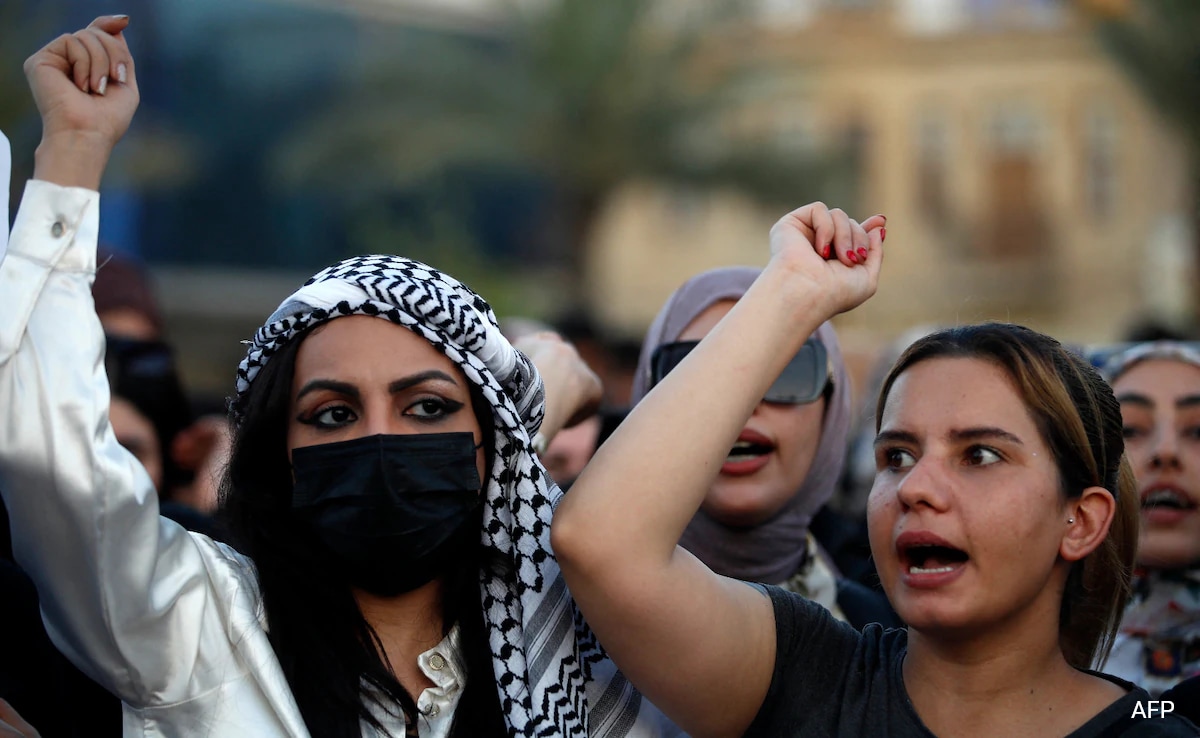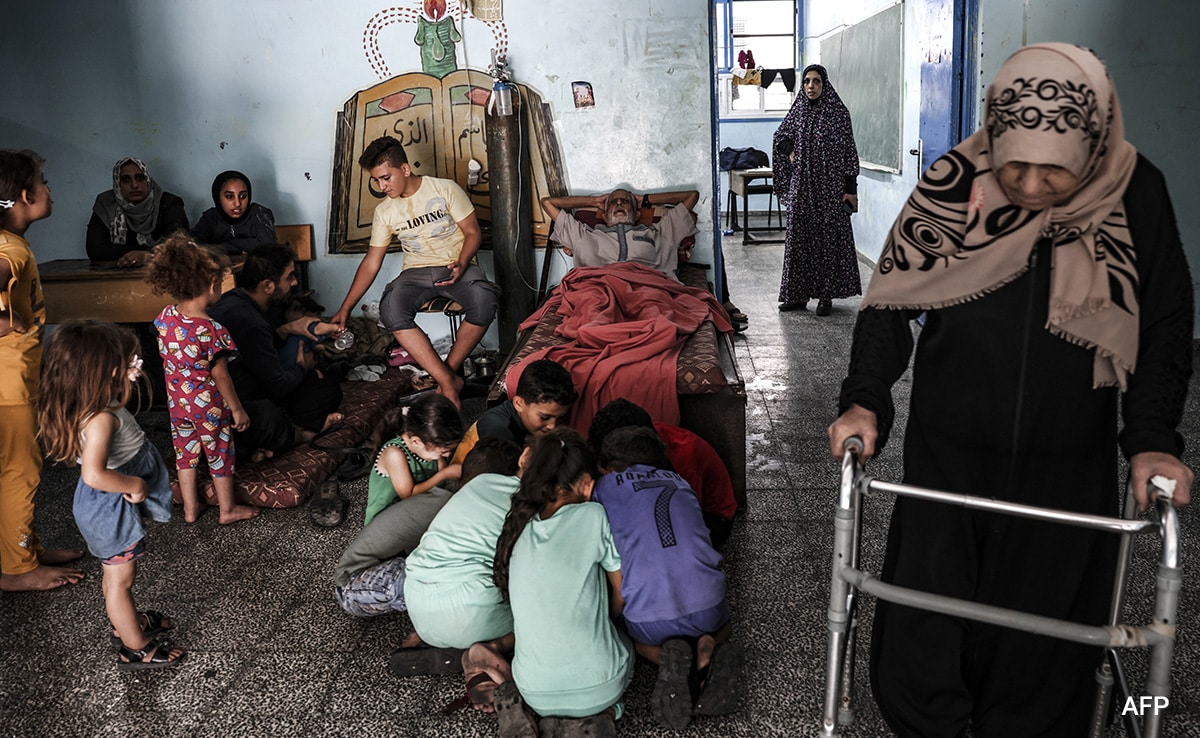New Delhi:
A proposed bill in Iraq’s parliament has sparked widespread outrage and concern, as it seeks to reduce the legal age of marriage for girls to just 9 years old. The controversial legislation, introduced by the Iraq Justice Ministry, aims to amend the country’s Personal Status Law, which currently sets the minimum age for marriage at 18.
The bill would allow citizens to choose between religious authorities or the civil judiciary to decide on family affairs. Critics fear this will lead to a slashing of rights in matters of inheritance, divorce, and child custody.
If passed, the bill would allow girls as young as 9 and boys as young as 15 to wed, sparking fears of increased child marriage and exploitation. Critics argue that this regressive move would undermine decades of progress in promoting women’s rights and gender equality.
Human rights organizations, women’s groups, and civil society activists have vehemently opposed the bill, warning of serious consequences for young girls’ education, health, and well-being. They argue that child marriage leads to increased dropout rates, early pregnancies, and a heightened risk of domestic violence.
According to the United Nations children’s agency, UNICEF, 28 percent of girls in Iraq are already married before the age of 18.
“Passing this law would show a country moving backward, not forwards,” Human Rights Watch (HRW) researcher Sarah Sanbar said.
Amal Kabashi of the Iraq Women’s Network also voiced strong opposition, stating that the amendment “provides huge leeway for male dominance over family issues” in an already conservative society.
In late July, parliament withdrew the proposed changes when many lawmakers objected. They resurfaced in an August 4 session after receiving the support of powerful Shia blocs that dominate the chamber.
The proposed changes would mark a shift from the 1959 legislation. This law, enacted after the fall of the Iraqi monarchy, transferred family law authority from religious figures to the state judiciary. The new bill would reintroduce the option to apply religious rules, primarily from Shia and Sunni Islam, but does not mention other religious or sectarian communities within Iraq’s diverse population.
Proponents of the bill claim it aims to standardize Islamic law and protect young girls from “immoral relationships.” However, opponents counter that this reasoning is flawed and ignores the harsh realities of child marriage.
By giving power over marriage to religious authorities, the amendment would “undermine the principle of equality under Iraqi law,” Sanbar of HRW said.
It also “could legalise the marriage of girls as young as nine years old, stealing the futures and well-being of countless girls.”
“Girls belong on the playground and in school, not in a wedding dress,” she said.
It is still unclear if this bid to change the law will succeed where several earlier attempts have failed.
Waiting for response to load…

















